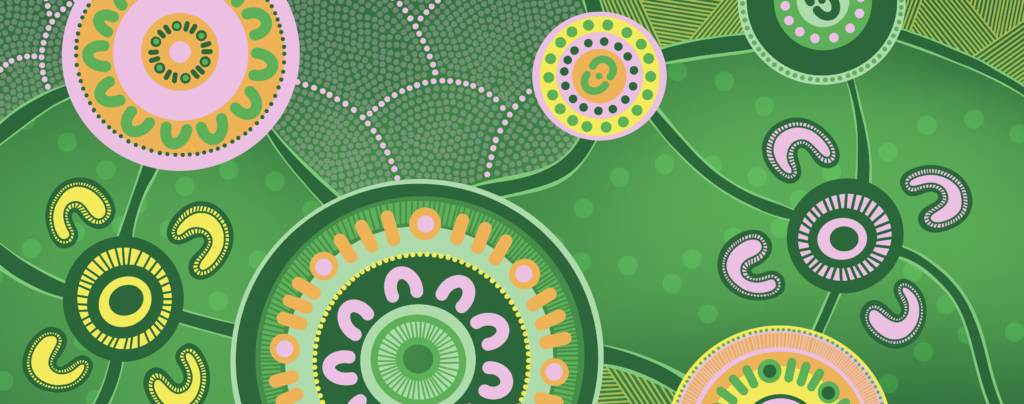
It’s Reconciliation Week and we wanted to let all team members know we have commenced working on a Reconciliation Action Plan (RAP) that will provide us with a structured approach to advancing reconciliation.
“St George Community Housing is strongly committed to practical action aimed at building the physical, cultural, spiritual and family wellbeing of Aboriginal people through our role as a community housing provider,” says CEO Scott Langford.
“We acknowledge that we have much to learn, and more actions to take. We are committed to listen to and learn from Aboriginal people, to recognise the important contribution they make, and to improve our services to respond to the diversity of Aboriginal people and their communities. Developing a RAP is a meaningful way of supporting this ongoing work.”
The Board signed off on SGCH developing a RAP in February and we have formed an internal RAP Working Group that is now making a start on it. The four RAP types – Reflect, Innovate, Stretch and Elevate – allow organisations to continuously develop their reconciliation commitments.
SGCH is beginning by developing a Reflect RAP, which is valid for 12 months and suits an organisation like ours, which is new to this process. Committing to a Reflect RAP means scoping and developing relationships with Aboriginal and Torres Strait Islander stakeholders, deciding on our vision for reconciliation and exploring our sphere of influence.
A RAP will formally demonstrate our commitment to reconciliation – and build on the momentum from our Community Housing for Aboriginal People (CHAP) strategy and our Statement of Commitment to Aboriginal People. This statement of commitment, which is situated in the foyer of our SGCH Hurstville office, was signed in 2014 by Aunty Annette Webb and presented to SGCH as part of National Reconciliation Week.
Having a RAP also enables us to develop greater cultural awareness and professional development practices that will strengthen our relationships with Aboriginal stakeholders.
Based around the core pillars of relationships, respect and opportunities, RAPs provide tangible and substantive benefits for Aboriginal and Torres Strait Islander peoples, increasing economic equity and supporting First Nations self-determination. You can find more information here. An Aboriginal Inclusion Framework Advisory Group will work alongside with – and provide guidance to – our RAP Working Group.
Another project that is underway is the reinvigorating of our Aboriginal Tenant Reference Groups for both regions. We are hoping to establish a new Gibbons Street specific group, too, so the large contingent of new Aboriginal customers in the building can give us feedback on our customer service as well as help us plan desired activities and events.